As the controversy over the legality of the concept of “placeholder” in Nigeria’s political system continues to rage, a legal expert, Mr. Ralph Nwoke has stated that it has no place in the Electoral Act, 2022 as amended.
Mr. Nwoke, a managing partner at DF Legal, gave the indication on Thursday during a webinar organised by the African Leadership Group on the topic ‘Electoral Act 2022’.
Join our WhatsApp Channel“Placeholder” in the words of Ocherome Nnanna, a columnist in Vanguard Newspaper, is a new word that has crept into Nigeria’s political lexicon, meaning act of a person standing for a candidate for a certain political office.
After some political parties publicly declared recently that the persons they submitted as vice presidential candidates or running mates were placeholders meant to beat deadline of the Independent National Electoral Commission (INEC), and would replace them in due time, the electoral body reacted saying such was illegal in the country’s electoral process.
This sparked nationwide debate with some claiming that it is legal and others saying it is illegal and not recognized in both the Electoral Act and the 1999 constitution as amended.
Giving his position on the matter in the webinar hosted by the founder and senior pastor of Trinity House, Pastor Ituah Ighodalo, Mr. Nwoke stated that the placeholder has no express recognition in the Electoral Act 2022.
He explained that where such arrangement is made between political stakeholders in a party, they can only rely on Section 31 which provides that a candidate can voluntarily withdraw his or her candidature in which case another person may be nominated by the party for the same position.
The legal expert, however, observed that such placeholder arrangement may be “a banana pill” especially when the person standing for the original candidate refuses to voluntarily withdraw after securing the ticket at party primaries.
He refered to the case of senate president, Ahmad Lawan and Bashir Sheriff Machina in Yobe North Senatorial District wherein Machina was rumoured to have been a placeholder for Lawan who contested the APC Presidential Ticket and lost to Tinubu. Lawan thereafter, made moves to claim the ticket for Yobe North Senatorial District but Machina insisted that he was validly elected during the party primaries and would go ahead to contest in the 2023 general election. His supporters went ahead to organise a solidarity rally where they insisted the politician will not step down for the senate president, who has represented the constituency for 23 years both as House of Representatives member and senator.
READ ALSO: Lawan Loses, As INEC Confirms Machina APC Authentic Candidate For Yobe North
Section 31 of the Electoral Act states that: “A candidate may withdraw his or her candidature by notice in writing signed by him and delivered personally by the candidate to the political party that nominated him for the election and the political party shall convey such withdrawal to the commission not later than 90 days to the election.”
Mr. Nwoke further cited Section 33 of the Act which prohibits substitution of candidates submitted by a political partiy except in the case of death or withdrawal by the candidate. He added that in such circumstance, the law provides that the affected political party should within 14 days of the occurrence of the event, hold a fresh primary election to produce and submit another candidate to the Commission for the election concerned.
The legal expert noted that the 2022 Electoral Act has interesting provisions aimed at moving Nigeria away from anachronistic election to a better one in order to bring credibility into the electoral process.
He further noted that the emphasis on the use of technology in the electoral process is only focused around accreditation and transmission of election results, adding that there is need for improvement to allow for full electronic voting which would also enable eligible Nigerians to vote regardless of where they are, even those in the diaspora, as done in countries that have advanced democracies.
He also stated that the reason many Nigerians don’t participate in voting is because the system does not yet allow easy access (in terms of registration, accreditation and voting). He therefore called for easy access, adding that efforts should be made to ensure that votes are not bought and results not manipulated.
Nwoke remarked that one of the interesting ways the Electoral Act prevents rigging is that it provides that once the number of votes exceed the number of accredited voters, the results should be cancelled. He mentioned other good provisions of the Act such as sanctioning acts of intimidation of voters or denying them access to registration and voting.
Commenting on the past performances of political actors, Mr. Nwoke called on Nigerians to shun the dominant political parties like the APC and PDP while considering parties or candidates to vote for in the 2023 election. He urged the citizens to look for candidates with fresh ideas on how to move the country forward.
Victor Ezeja is a passionate journalist with seven years of experience writing on economy, politics and energy. He holds a Master's degree in Mass Communication.


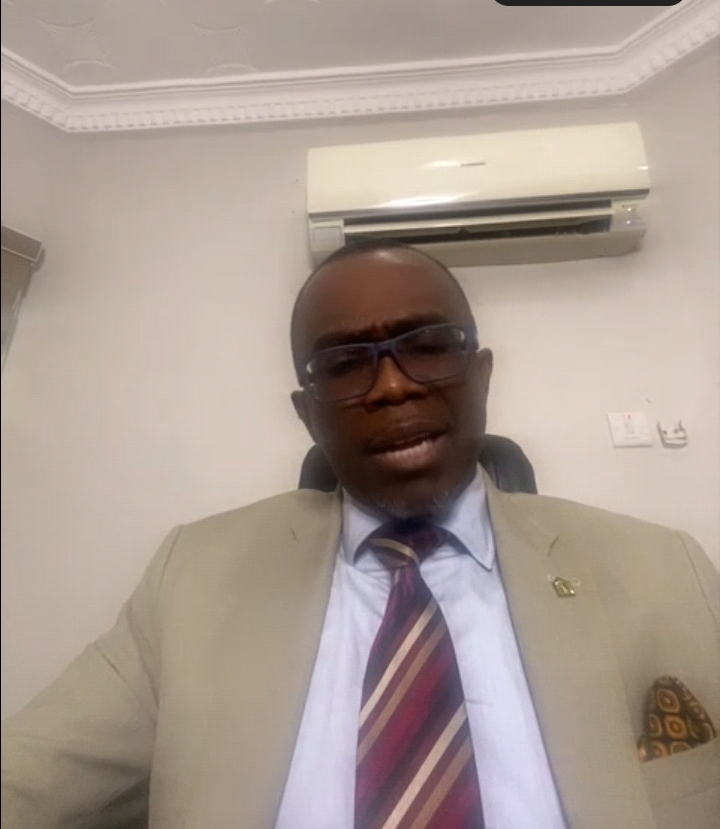


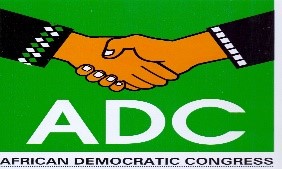
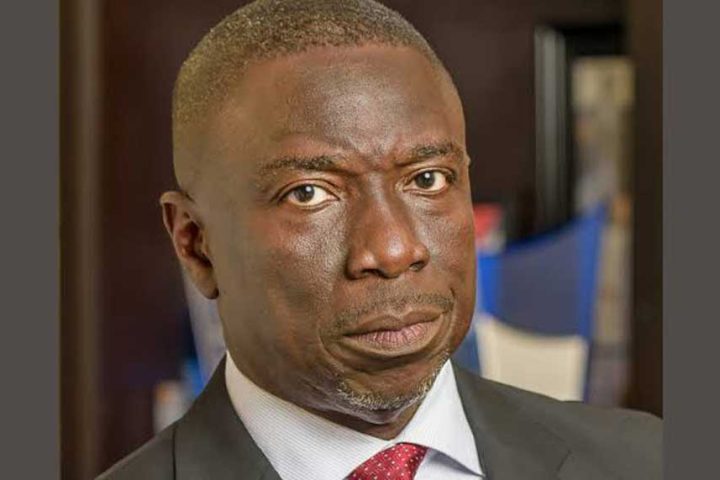








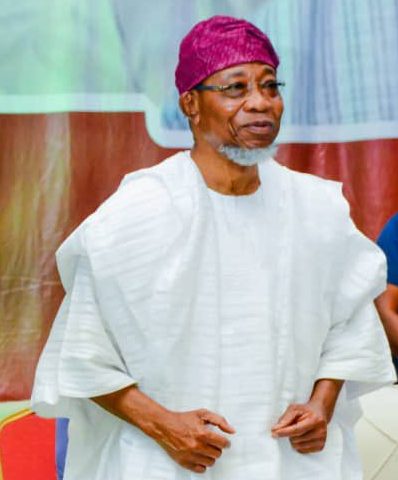
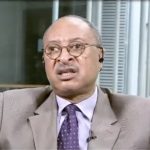
Follow Us